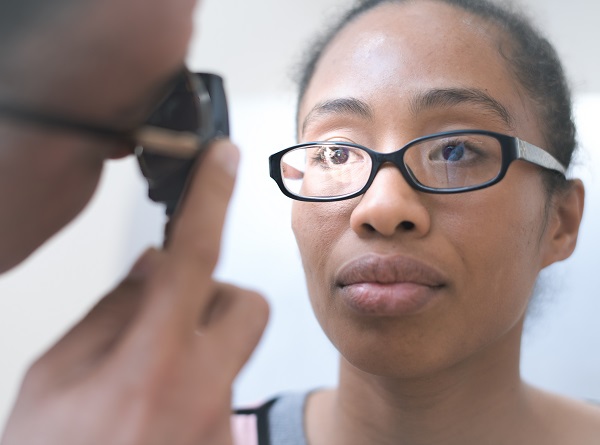
The importance of eye health
Your eyes do wondrous things. Through a complex system, they take in information and have a direct connection with your brain, allowing you to visually process the world around you. You wouldn’t think that people would neglect caring for their eyes, but they do! When people don’t feel like there is an issue with their vision, they’ll often pass on regular exams with an optometrist or ophthalmologist.
Even if you don’t need corrective vision care, these exams are important in order to monitor your overall eye health and wellness. Regular exams by an eye doctor can help detect a variety of health issues. Aside from getting access to vision correction like glasses or contacts, an eye exam offers visibility into other healthcare concerns. Not only will it help doctors identify eye health issues such as glaucoma, cataracts and macular degeneration preemptively, but it can also help them diagnose other concerns such as high cholesterol, high blood pressure, diabetes, diabetic retinopathy, liver disease and even brain tumors.
Eye exams with full dilation should be scheduled for both children and adults at least once a year, and more often if there are vision concerns. Any change in vision, decrease in vision, eye pain, redness, flashes of light or floaters or circles should be addressed promptly.
Ready to start caring for your eyes? Here are some things you can do to be proactive about your eye health between exams:
- Eat your veggies – Leafy dark greens are best! Add some spinach or kale for a meal with an eye-loving vitamin boost.
- Protect your eyes – Are you playing a sport, swimming or doing work where something might get into your eye? Proper eye protection is vital for these tasks.
- Wear sunglasses – UVA and UVB rays are just as bad for your eyes as they are for your skin. Protect your vision with sunglasses rated to block this radiation.
- Keep germs at bay – Wash your hands before touching your eyes. Whether your putting in contacts, trying to extract a pesky eyelash or just have a small irritation, it’s important to thoroughly wash your hands before making physical contact with your eyes.
- Take breaks from screen time – Everything is on a screen nowadays. To ensure you’re giving your eyes the proper rest from work, entertainment or your mobile device, practice the 20-20-20 rule. Look away about 20 feet in front of you for 20 seconds every 20 minutes. This will help prevent eye fatigue and could even help with other concerns such as headaches and migraines.
- Maintain a healthy body – Your eyes are part of your body, so it makes sense that they can be affected by other unhealthy habits. Getting the proper nutrition, maintaining a healthy body weight and regular physical activity all help your eyes stay sharp.
Do you see why eye health is so important? If you haven’t had an exam in while, it might be time to reach out to your optometrist or ophthalmologist for a checkup. Don’t forget to care for your eyes in between exams as well!



